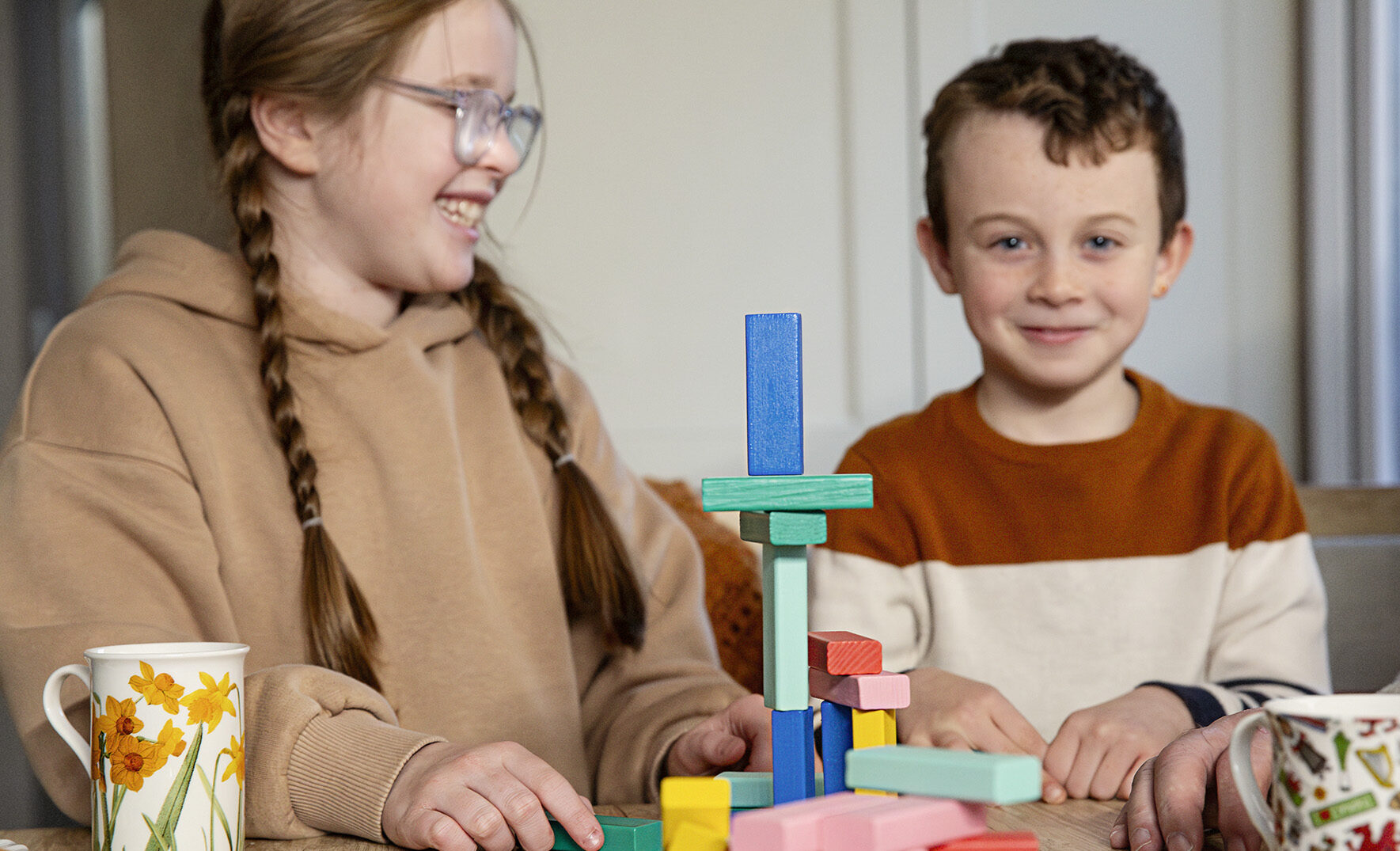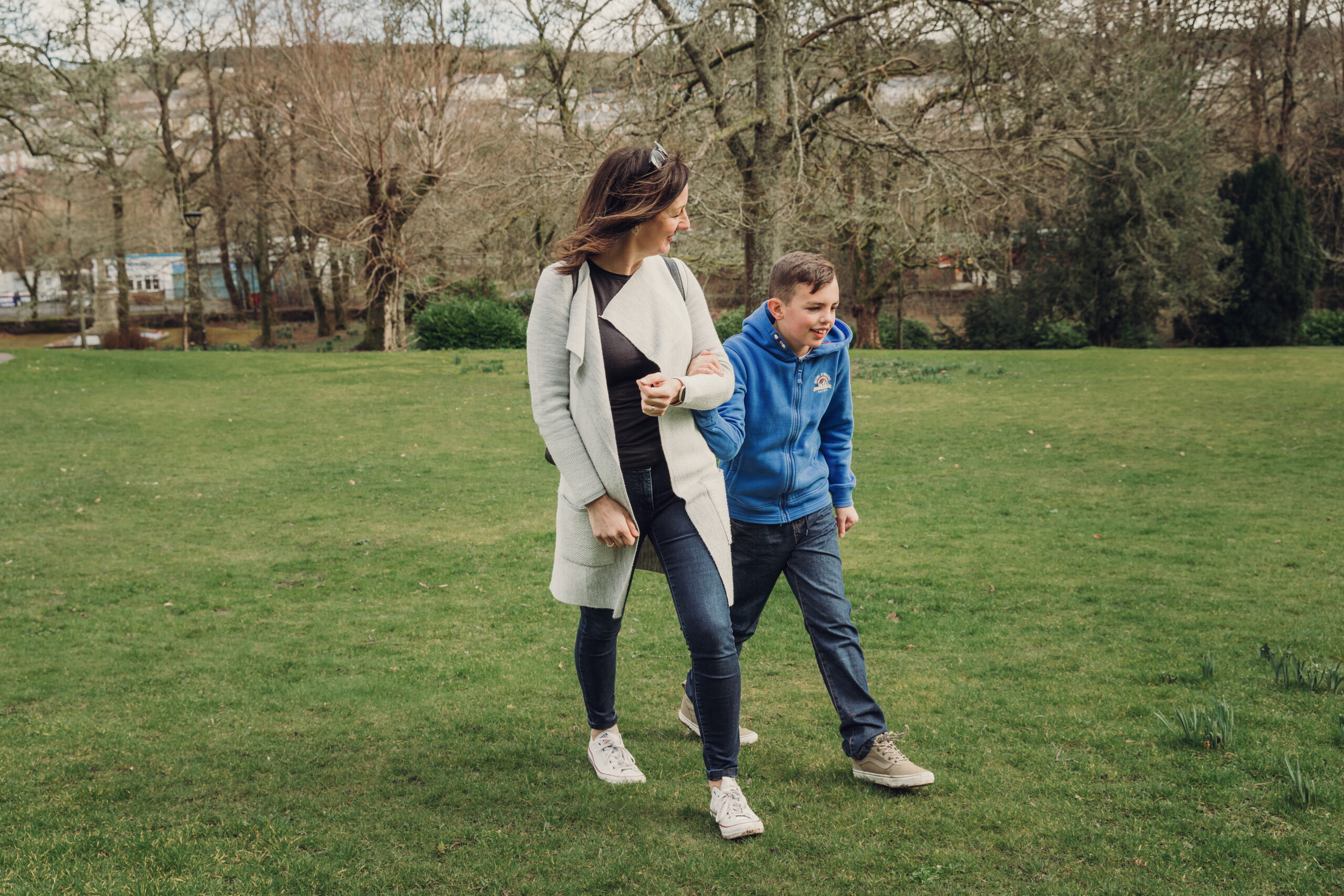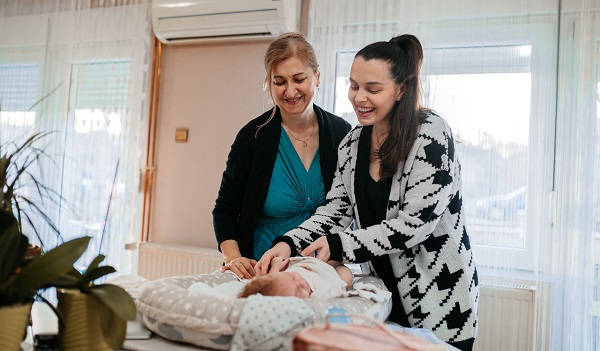ways to foster
types of fostering
types of foster care
Fostering means becoming family. Offering a new home – for a day, a year or perhaps longer.
The various kinds of foster care all share this: they’re about offering a safe space, with warmth and love, for children who need it.
Different kinds of foster care work for different foster families. For some it might mean an overnight stay, or regular visits. For others, it could be something more permanent.
short-term foster care

The length of Gwynedd’s short-term foster care isn’t set in stone – it could mean hours, days, months or maybe a year. It all depends on what’s best for the child. At the end of the day, it’s about providing a safe place while longer-term plans are made.

We work with our short-term foster carers towards securing ‘long-term’ matches (sometimes called permanence) when this is the best option for the child. The short-term foster parent’s role is a big one – you offer all the support and care the child needs, but you also help them take the next step when they’re ready; to their family, a new foster family or adoption.
You’d be wrong if you think short-term means ‘less’ in any way. This kind of fostering is really important – it’s often the first step on a brilliant new journey that is different for every child we care for.
long-term foster care

What is long-term exactly? Well, it’s about security, acceptance and a new home for children who can’t stay with their families.

We’re dedicated to finding the right foster family for each child. With long-term foster care, it’s about looking ahead and making the decision to be there – to be family – without deadlines. You offer stability and something permanent, maybe for the first time.
specialist kinds of foster care
All the different kinds of foster care can be summed up by ‘short-term’ and ‘long-term’. When it comes to the more specialist types, some need their own special kinds of approval.

short breaks
Space to breathe – we all need it sometimes. And that’s exactly what short-break fostering offers disabled children and their families.
With short break fostering (sometimes called ‘Amser Ni’) you plan visits in advance. This can be a night, weekend, during school holidays or a time that works for everyone. Short break fostering is a regular arrangement (at least 6 times a year). You offer a helping hand – you step in when the child needs it most.
Short break fostering offers disabled children the opportunity to experience new things and see new places. With this type of fostering, it’s about coming together, doing something that can seem small, but has a big impact. Become an extension of family, offering a loving environment to a local disabled child, when it is needed most.

parent and child
A parent and child foster care placement helps parents build up the skills they need, both personally and for their child. This type of placement enables you to share your own parenting experience with someone who really needs that support. You’ll have the opportunity to nurture the next generation so that they can do the same.
It’s an important part of the fostering journey for many, and one that can make all the difference to a family.
Read More: Parent and child fostering in Gwynedd

therapeutic care
Providing therapeutic foster care is an incredibly rewarding type of care, and our team will always give an extra level of support to both the child and the foster carers involved.
Children with more complex emotional or behavioural needs may benefit from a slightly different kind of care. That’s what therapeutic placements can provide.
It’s that little extra support and guidance they might need that can help them develop.

